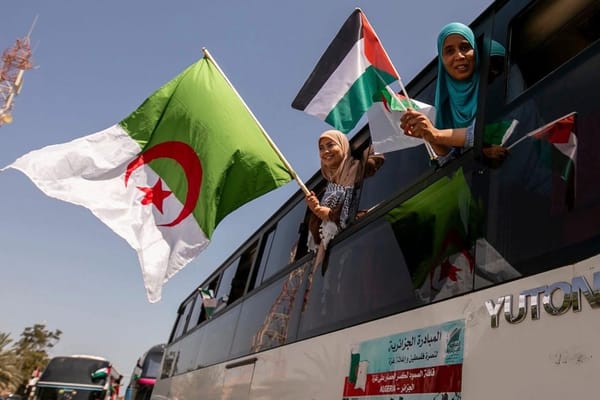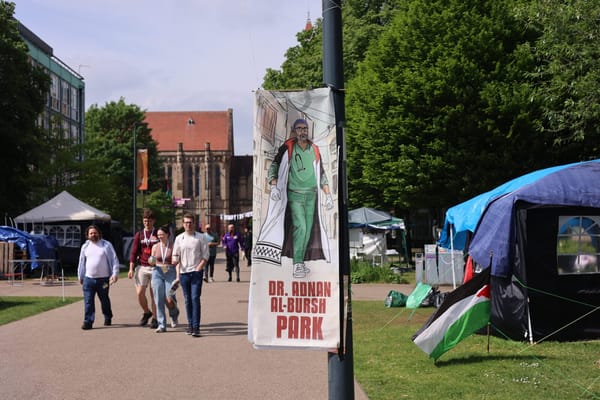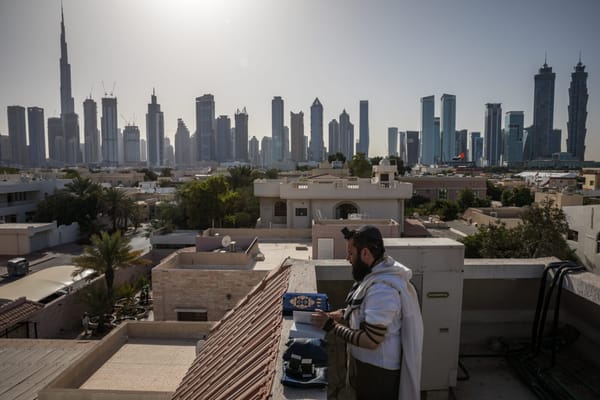On Palestinians in the Israeli Knesset
Azmi Bishara was a young rising star in the Communist Party of Israel (Rakah) for several years. Since leaving the party after the upheavals of 1989, he and other Arab intellectuals periodically considered establishing a new Arab political party with a progressive-nationalist orientation. After much









